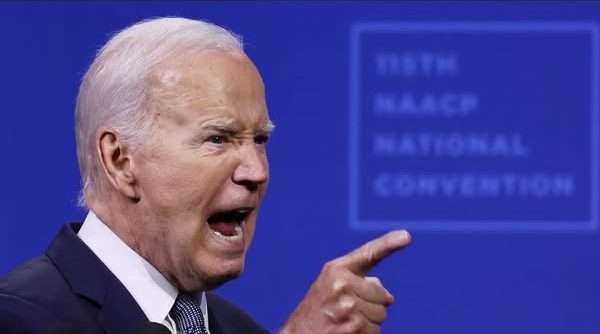In a recent televised interview, David Sacks, an artificial intelligence advisor to former President Donald Trump, made a provocative claim that has sparked political speculation. Sacks alleged that Senator Elizabeth Warren played a direct role in influencing how the White House used the autopen — a device that mechanically reproduces a person’s signature — during Joe Biden’s presidency.
According to Sacks, the Massachusetts senator held significant sway over which documents were signed using the autopen, including several high-level executive orders. He argued that this casts doubt on the legitimacy of those actions, especially if they were authorized without Biden’s full involvement.
Speaking with Fox News host Jesse Watters, Sacks stated, “During that administration, Elizabeth Warren operated the autopen,” suggesting that she had behind-the-scenes control of its use. He also claimed that her alleged role ties into her broader opposition to the cryptocurrency industry, stating she aimed to “drive crypto offshore.”
Sacks’ remarks came amid a broader discussion about digital assets and their regulatory future. The interview followed former President Trump’s launch of a crypto-related venture, which included a high-profile donor event at Mar-a-Lago that attracted major crypto investors.
The autopen — a tool used historically by several U.S. presidents and senior officials to sign non-urgent documents in their absence — has now become the subject of controversy. Sacks and other conservative commentators argue that its frequent use during Biden’s presidency raises questions about executive intent and awareness.
One focal point of the debate involves the final months of Biden’s presidency. During that period, President Biden issued a number of high-impact pardons, including one for former Congresswoman Liz Cheney, who served on the January 6 Select Committee. Some critics, including Trump himself, have claimed these pardons were signed using the autopen and may not have been authorized with Biden’s full knowledge.
At a recent event, Trump criticized the practice, saying, “If someone else is running the autopen, are they effectively running the presidency?” He questioned the legality of using a mechanical signature on consequential documents, adding that executive orders signed this way could be invalid.
Conservative legal activists have taken interest in the matter. The Oversight Project, an initiative run by the Heritage Foundation, has been reviewing public documents signed during Biden’s time in office. In a recent social media post, the group wrote, “WHOEVER CONTROLLED THE AUTOPEN CONTROLLED THE PRESIDENCY.” The organization claims it found that nearly all of Biden’s signed executive documents bore the same autopen signature pattern — with few exceptions.
House Oversight Committee Chairman James Comer (R-KY) confirmed last week that his office has requested interviews with several former Biden administration staffers as part of an inquiry into the autopen’s use. Comer stated that if witnesses fail to voluntarily appear, his committee is prepared to issue subpoenas.
Adding to the scrutiny, Ed Martin — who is expected to serve as a leading figure in the Department of Justice’s Weaponization Working Group — said he is investigating the potential misuse of the autopen, particularly in connection to controversial pardons issued late in Biden’s term. Martin also revealed that a whistleblower has already come forward with claims about internal practices around document signing.
Although Sacks did not provide concrete evidence linking Senator Warren to direct control of the autopen, his statement has amplified conservative concerns about who was influencing executive decisions during Biden’s presidency. Warren, a frequent critic of cryptocurrency and supporter of more aggressive regulation, has not publicly responded to the accusation.
Legal experts note that the autopen is not inherently illegal and has precedent in presidential use, but its application on high-level actions like pardons or executive orders has rarely been tested in court.
The broader implications of these allegations remain unclear. While the autopen is often used for routine paperwork, claims about its use in major policy decisions raise questions about presidential accountability and executive transparency. Ongoing investigations from congressional and legal bodies may soon shed more light on how the device was employed — and by whom.
As the inquiries move forward, political tensions continue to rise around the Biden administration’s record and whether procedural tools like the autopen were used in ways that extended beyond their intended scope.









